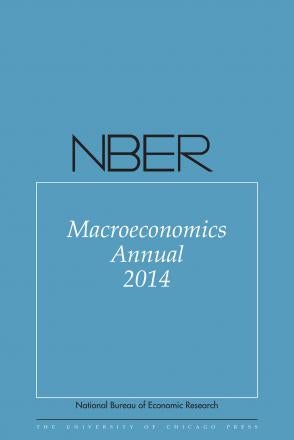Labor-Market Polarization over the Business Cycle

You may be able to download this chapter for free via the Document Object Identifier.
Job losses in the Great Recession were concentrated among middle-skill workers, the same group that has suffered the most over the long-run from automation and international trade. How might long-run occupational polarization be related to cyclical changes in middle-skill employment? We find that middle-skill jobs have traditionally been more cyclical than other jobs, in part because of the volatile industries that tend to employ middle-skill workers. Also, unemployed middle-skill workers appear to have few attractive or feasible employment alternatives outside of their skill class, and the drop in male participation rates during the past several decades can be explained in part by a drying-up of middle-skill job opportunities. Taken together, these results imply that any model relating polarization to middle-skill employment fluctuations must go beyond pure search motives to include industry-level effects as well as a labor force participation margin. The results thus provide encouragement for a growing literature that integrates "macro-labor" search models with "macro-macro" models featuring differential industry cyclicalities and convex preferences over consumption and leisure.
-
-
Copy CitationChristopher L. Foote and Richard W. Ryan, NBER Macroeconomics Annual 2014, Volume 29 (University of Chicago Press, 2014), chap. 6, https://www.nber.org/books-and-chapters/nber-macroeconomics-annual-2014-volume-29/labor-market-polarization-over-business-cycle.Download Citation
-


